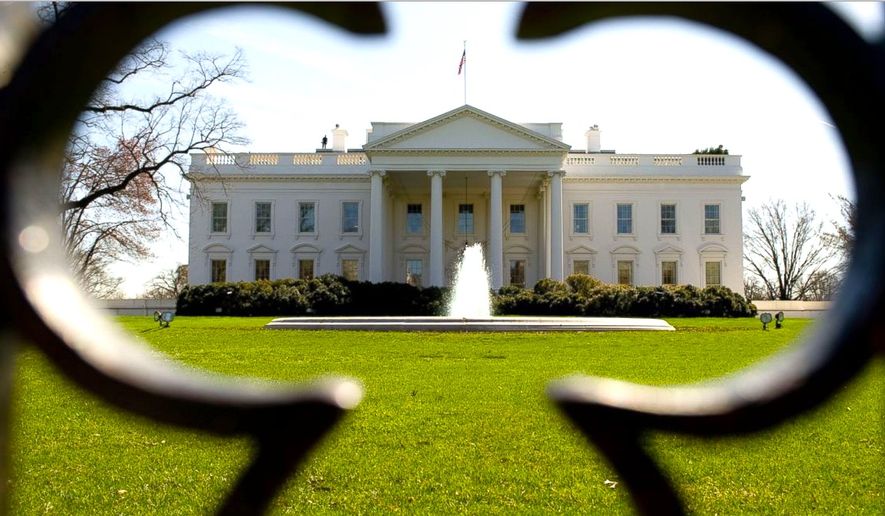Sputnik, a Russian state-owned website accused of being an arm of Moscow’s international propaganda apparatus, is petitioning the White House for press accreditation.
A self-described White House correspondent for Sputnik said his website is in talks to join roughly 22 other overseas outlets routinely given access to President Trump’s daily activities, Politico reported Friday.
Sputnik recently applied for both a hard press pass valid at 1600 Pennsylvania Avenue as well as membership in the White House Foreign Press Group, Politico reported, the likes of which would give its writers a coveted position in the rotating pool of foreign journalists covering the president.
Philip Crowther, the head of the White House Foreign Press Group, told Politico that there “shouldn’t be any reason” Sputnik’s application is rejected assuming the website meets the necessary criteria, including a White House-approved hard pass, membership in the White House Correspondents’ Association and verification from the State Department acknowledging its standing as a foreign outlet.
While international media including France 24 and China’s CCTV are currently members of the rotating foreign pool, Sputnik’s potential addition is newsworthy given the website’s less than stellar journalistic reputation as well as its direct relationship with the Kremlin — an entity already causing myriad complications for the Trump administration over allegations of collusion between the president’s inner circle and individuals in Moscow.
The Russian government launched Sputnik in 2014 from the ashes of its former wire services, RIA Novosti and the Voice of Russia, in order to prove “alternative interpretations that are, undoubtedly, in demand around the world,” according to Dmitry Kiselyov, an infamous Russian journalist appointed by President Vladimir Putin in 2013 to head Rossiya Segodnya — a newly established state-run international news agency whose subsidiaries include Sputnik and its sister outlet, RT.
Sputnik has indeed published a host of alternative interpretations in the interim, albeit not without alarming critics who consider the outlet to be yet another facet to the Putin regime’s vast propaganda machine, including those within the U.S. intelligence community. An official assessment released by the U.S. government in January concluded that Sputnik contributed to a Kremlin-ordered influence campaign aimed at interfering in last year’s White House “by serving as a platform for Kremlin messaging to Russian and international audiences.”
“State-owned Russian media made increasingly favorable comments about Presiden-elect Trump as the 2016 U.S. general and primary election campaigns progressed while consistently offering negative coverage of Secretary Clinton,” the assessment said.
More recently, Mr. Trump’s presidential campaign has come under fire in recent weeks as the FBI, House and Senate investigation allegations of collusion involving Americans who worked on his election and individuals in Russia, notwithstanding denials from Washington and Moscow and alike.
Sputnik’s press office did not immediately respond to requests for comment, Politico reported.
• Andrew Blake can be reached at ablake@washingtontimes.com.




Please read our comment policy before commenting.